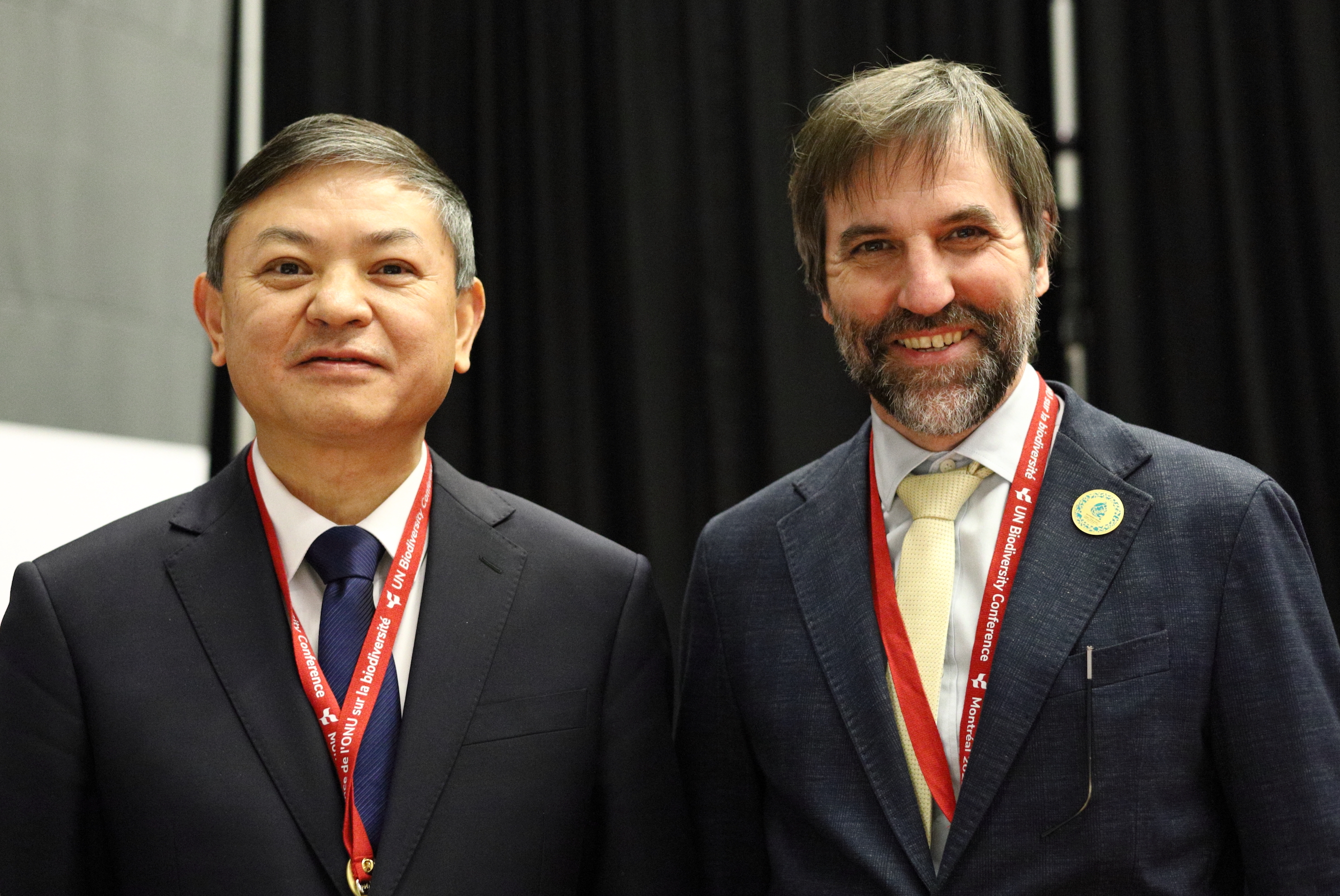Support strong Canadian climate journalism for 2025
As much of Canada burns from unprecedented wildfires, representatives from the world’s countries are descending on Vancouver this week for a meeting of the United Nations’ main climate and nature protection fund.
Set up in 1991, the Global Environment Facility (GEF) is basically a multibillion-dollar pot of money from rich countries that help developing countries meet environmental goals. The money is dispersed through 18 different agencies, like the African Development Bank, Asian Development Bank, United Nations Development Program and others.
Typically, countries meet every three to four years to discuss the GEF, but due to the COVID-19 pandemic have not met since 2018 in Vietnam. After this Vancouver conference, there will likely only be one more meeting before 2030 — the deadline for the UN’s sustainable development goals and the year the Kunming-Montreal Global Biodiversity Framework (GBF) agreed to last year is set to end.
“Nature loss and climate change are not worries for the future,” said GEF CEO and chairperson Carlos Manuel Rodriguez, who also formerly served as Costa Rica’s environment and energy minister. “They are realities today that will be front-of-mind for every single person as we gather in Canada, where this summer’s wildfires have burned forests covering an area twice the size of my country.”
For civil society organizations, this week’s meeting is of vital importance because putting money on the table to reduce emissions and protect nature is the only way those goals will be met.
At last year’s UN biodiversity conference chaired by China and hosted in Montreal (called COP15), countries agreed to use the GEF on an interim basis to fund nature protection as part of the GBF with $200 billion by 2030.
“This is the moment for Canada to follow through on the leadership it showed during COP15 and set the bar for what it will take to turn biodiversity pledges into reality: finance, accountability, Indigenous sovereignty, and international co-operation,” said Pratishtha Singh, the senior international policy analyst with Climate Action Network Canada.
The GEF meeting will run from Aug. 22 to 26 and will include a special meeting in Squamish on Aug. 23 for environment ministers hosted by federal Environment and Climate Change Minister Steven Guilbeault.
It is expected to include the formal launch of a new nature protection fund first announced at COP15 and further given the green light by the GEF’s governing council earlier this summer. In June, the GEF agreed to a $1.4-billion program to protect biodiversity.
At the time, acting executive secretary of the Convention on Biological Diversity (the treaty that organizes biodiversity negotiations) David Cooper called the GEF council’s support “a landmark event” that will allow the Kunming-Montreal Global Biodiversity Framework to reach its goals.
"Achieving the goals and targets of the framework is hugely ambitious. But it is also necessary. It’s necessary to maintain the web of life on planet Earth,” Cooper said in a statement.
“The new fund will provide an opportunity to receive funding from all sources and to quickly disburse them through streamlined procedures, and with enhanced access for Indigenous Peoples and local communities,” he added.
In a statement, Climate Action Network Canada said this week’s meeting will be an opportunity for Canada to commit to an “accountability framework” to make its nature protection goals legally binding. This would be similar to a net-zero emissions law Canada passed in 2021 to help drive down planet-warming greenhouse gas emissions in line with international commitments.
“After more than a decade of missed global biodiversity targets, legislation is crucial to hold governments to account on their promises to protect and restore nature and advance conservation efforts that centre Indigenous rights, leadership and decolonization,” Climate Action Network Canada said.
In July, the European Union narrowly passed a nature protection law and late last year, Guilbeault indicated he would support something similar.
Climate diplomacy watchers noted that following this week’s nature protection conference, Guilbeault will be travelling to China to participate at the China Council for International Cooperation on Environment and Development (China Council), which provides high-level advice to the Chinese government.
That trip “signals that both Canada and China seek to build on the common ground they established in Montreal,” said Climate Action Network Canada in a statement.
“After the disappointing outcomes and growing distrust at major international climate events this summer — the Bonn climate talks, the Paris Financial Pact Summit and the G20 climate ministerial — nurturing the Canada-China collaboration on the environment could help unblock progress in the lead-up to COP28,” it added.






Comments